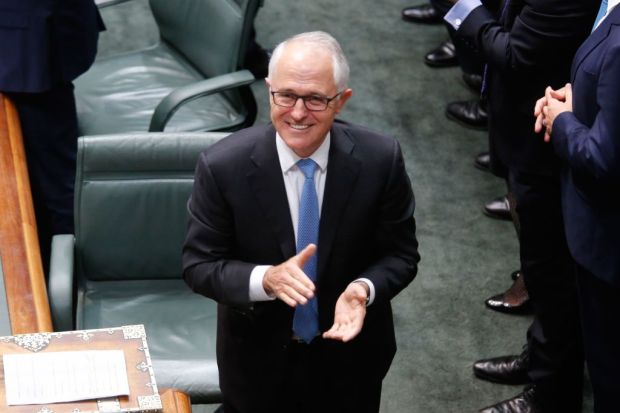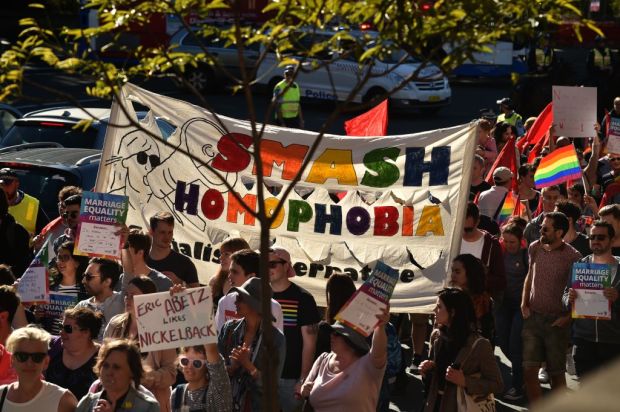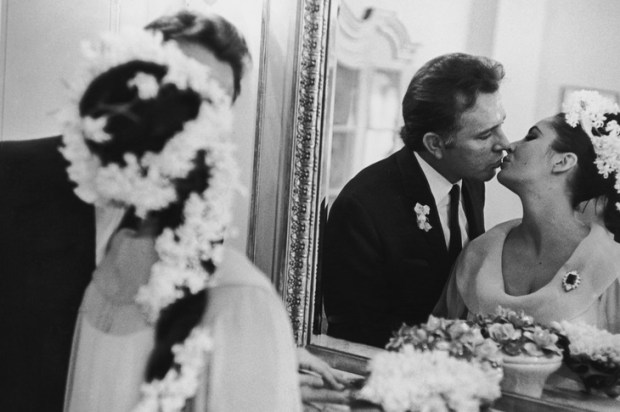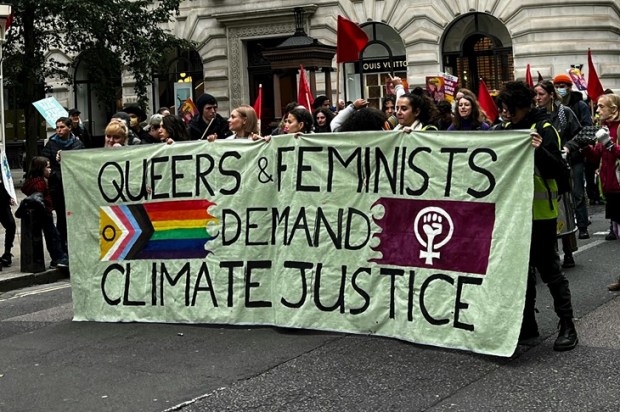The left-wing admiration for Malcolm Turnbull, with his PC-opinions and hip leather jacket during his wilderness years of 2010-2015, was always going to come to a crashing halt should ever he resume the Liberal leadership.
Turnbull has always been in stark contrast to his long-time rival, Tony Abbott. Where Turnbull’s student days were spent in admiration of Jack Lang, Abbott admired B A Santamaria, during the republic campaign they led opposite sides, and Abbott won the Liberal leadership through a protest vote against Turnbull’s support for an ETS.
They are men of great difference though also some similarity; both were educated at elite private schools (though Turnbull was on scholarship) then Sydney University and then Oxford on Rhodes Scholarships.
There is also, however, another glaring similarity- both owe or have owed their leadership of the Liberal Party to the party room and both have had it taken away.
Labor have wisely played up the perceived compromises Malcolm Turnbull has made upon resuming the Liberal leadership such as on gay marriage and climate change yet even they knew that no seismic change was going to come when he took over from Tony Abbott.
Turnbull is the current leader of a party that is ostensibly socially conservative. Yes, the Liberal Party underwent a transformation between the Fraser and the Howard governments, but that happened incrementally and through great internal upheaval. As Kevin Rudd’s leadership and Turnbull’s previous stint as leader will tell an average political observer, political parties do not respond well to being radically remade and rebranded according to the leader’s ideals. If Turnbull has learnt anything from his previous experience as leader, it must surely be that.
Moreover, Turnbull owes his leadership, unlike Abbott, not to a mandate for a dramatic shift in policy direction but to an overwhelming will for survival within the Liberal Party. Turnbull’s ascendancy was not one solely about saving the furniture like Kevin Rudd’s was for the (beyond saving) Labor Party in 2013; there is a desire for governance that requires compromise and consultation.
As much as Labor like to play up the argument that Turnbull is held hostage to the ‘far right’ of the Liberal Party, he is simply constrained by political reality — just as Bill Shorten is.
In the swarm of emotion, the simple fact that a majority of the Liberal Party and an even bigger majority in the National Party oppose same-sex marriage is often lost. Malcolm Turnbull has not been elected President of Australia and he must thus respect all those in his party room, no matter their views.
It is in part because of those that the left perceives to be right-wing zealots like George Christensen that Malcolm Turnbull has a majority in the House of Representatives, so why is it a surprise that Malcolm Turnbull must listen to them and not break his election commitments? Labor and the Greens expect Malcolm Turnbull to abandon the policies he took to the election and was re-elected to implement, in favour of their policies that Labor and the Greens failed to convince a majority of voters to support. It’s extraordinary.
Holding a plebiscite on same-sex marriage may be costly and unnecessary given that we elect politicians to legislate for us, but it is a commitment that Malcolm Turnbull is bound to. The only way he can relinquish it is if the plebiscite is blocked in the Senate. Should that happen, Turnbull’s authority will be compromised and he will be far less capable of bringing about same-sex marriage.
Either way, a rejection of the plebiscite will be a win for Labor. Turnbull will be tarred with abandoning an election promise. Then he will be faced with a choice of allowing a free vote as Labor monopolise the issue of same-sex marriage and watching as they take credit for it, or blocking it and keeping the issue alive for Labor to campaign on into the next election.
As much as proponents of same-sex marriage wonder what all the fuss is about, there are still large sections of the community who oppose it. Those who trot out the ‘73 per cent of people support same-sex marriage’ statistic offer an overly simplistic reading of the political climate.
If 73 per cent of people support same-sex marriage (and no exact figure is known), then that does not mean that if one side of politics introduces same-sex marriage, they can win the support of 73 per cent of voters? Of those who support same-sex marriage, there are voters of the Liberal Party, the Labor Party, the Greens and a whole host of minor parties. The kudos for enacting same-sex marriage would likely by split amongst these groups. It would also be subject to partisan bias; Liberal-voting supporters of same-sex marriage might praise Turnbull for his conviction but Labor voters would resent his opportunism while Greens voters would decry both Turnbull and Shorten for getting on board so late and minor party voters might wonder what all the politicking was all about. Meanwhile, where would the supposed 27 per cent of people who oppose same-sex marriage have to go? In other words, Turnbull would be trading away 27 per cent for a share in the 73.
In an era where the primary vote of both major parties is falling and voters are turning to micro-parties as a result of the major parties trading principle for pragmatism, Malcolm Turnbull cannot afford to further alienate the Coalition base.
Though the left likes to pretend that the debate for same-sex marriage has already been won, recent electoral history shows that it’s hardly a vote winner. The Coalition won the 2013 election in a landslide while opposing same-sex marriage and they were re-elected in 2016 with the promise of holding a plebiscite.
It might suit the left’s narrative to say that opposing same-sex marriage is a ‘far right’ fringe perspective but, at its core, this just makes Labor look more out of touch with pluralistic, modern Australia. There are some who hold disparaging views towards the LGBTQIA community who also oppose same-sex marriage and there are some who oppose same-sex marriage and have positive feelings towards people who are attracted to the same-sex. It is an issue that crosses class, education, regional, religious and partisan lines.
Shorten of all people should know this. Until very recently, it was Labor Party policy to oppose same-sex marriage. Shorten himself is a product of the Victorian Right and was mentored by the likes of Robert Ray and Stephen Conroy, both of whom likely still oppose same-sex marriage. By Shorten’s logic, was Julia Gillard capitulating to the right-wing elements of the Labor Party when she chose to oppose same-sex marriage and act against the principles that she would espouse after she left office?
Dissatisfaction towards Malcolm Turnbull for not dogmatically pursuing his own personal agenda shows a profound misunderstanding of the Westminster system- where the Prime Minister is but the first amongst equals in their party or coalition and must respect and represent the collective views in their caucus. The left needs to get out of their echo chamber and realise that not all Australians share their views.
Got something to add? Join the discussion and comment below.
Get 10 issues for just $10
Subscribe to The Spectator Australia today for the next 10 magazine issues, plus full online access, for just $10.

























Comments
Don't miss out
Join the conversation with other Spectator Australia readers. Subscribe to leave a comment.
SUBSCRIBEAlready a subscriber? Log in